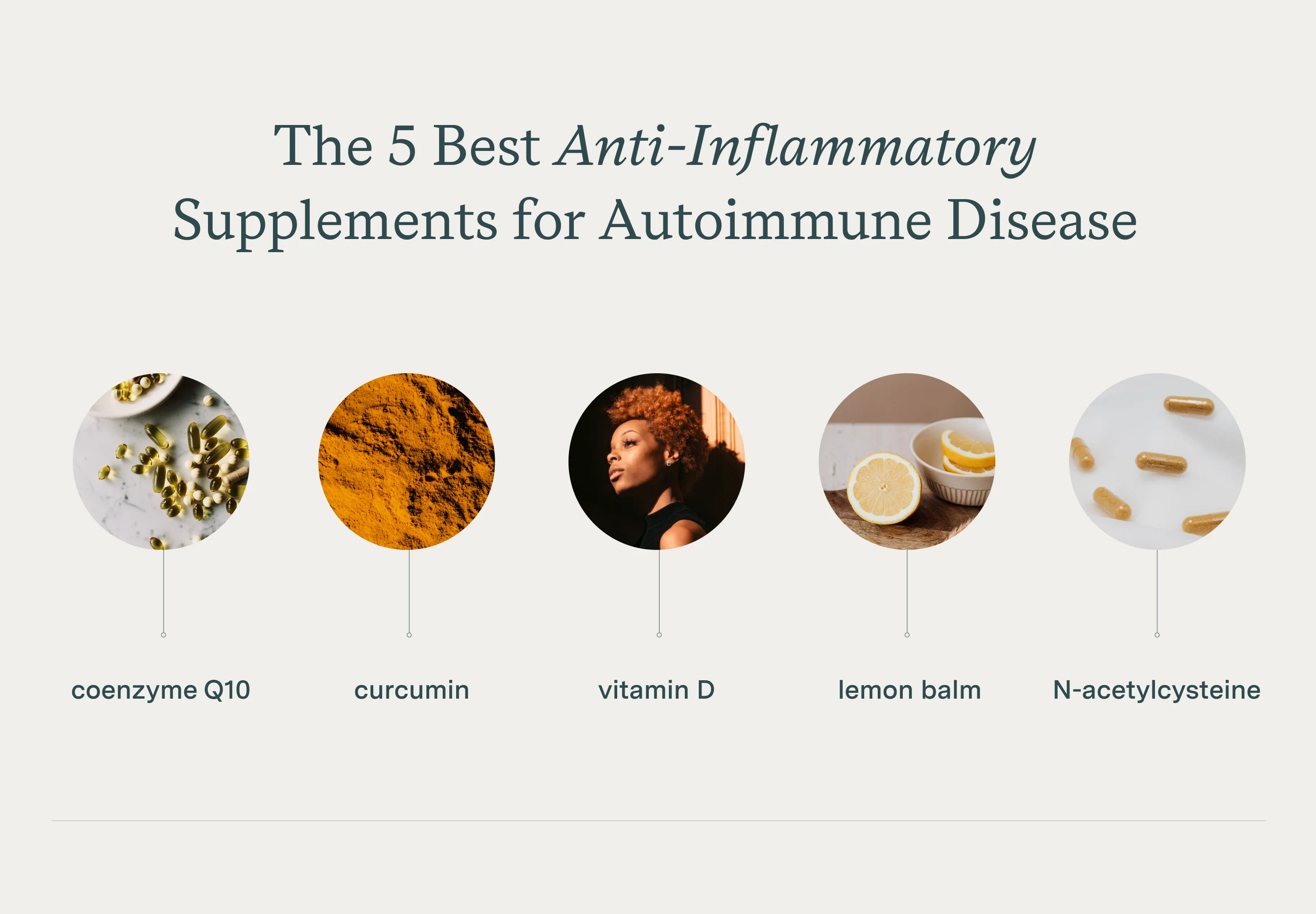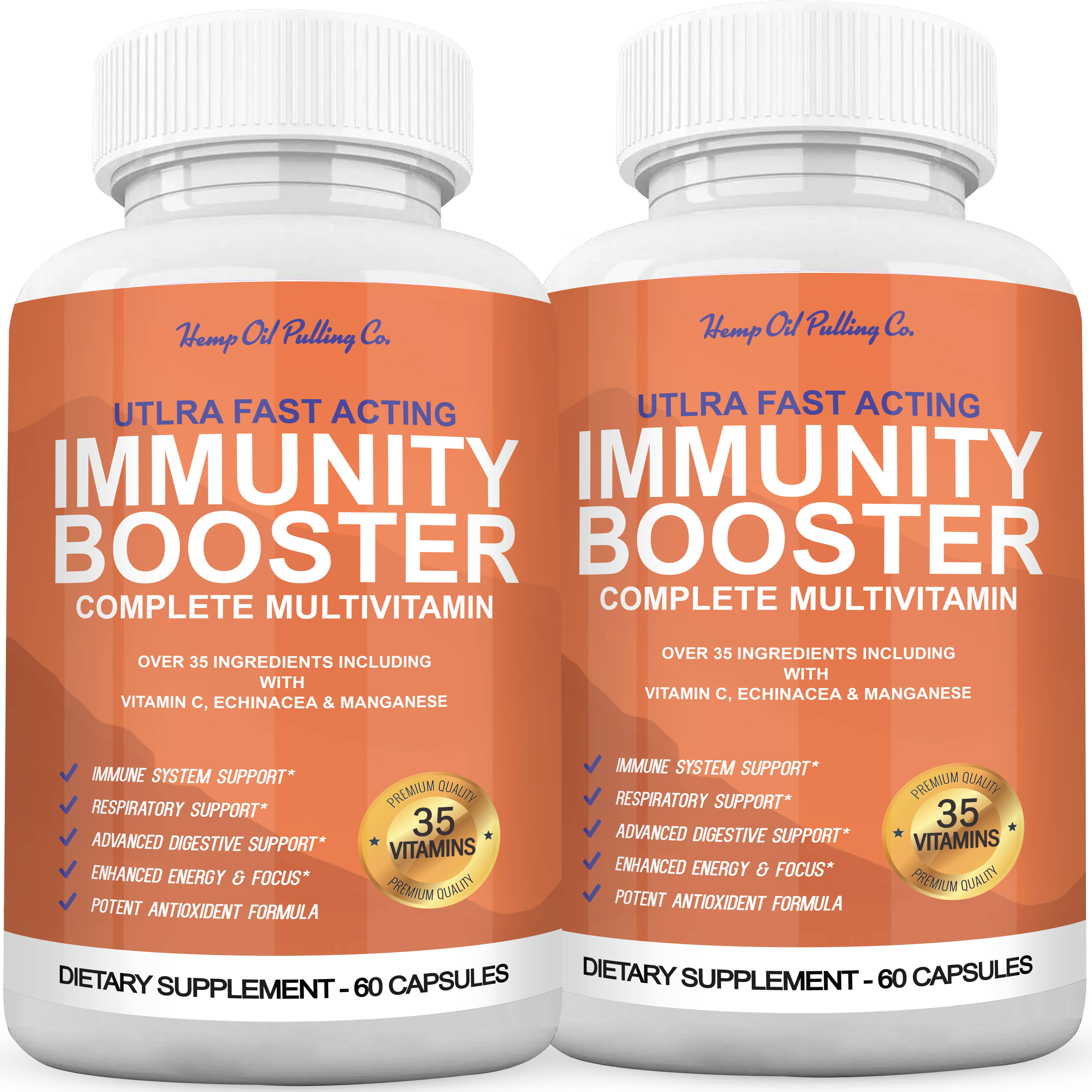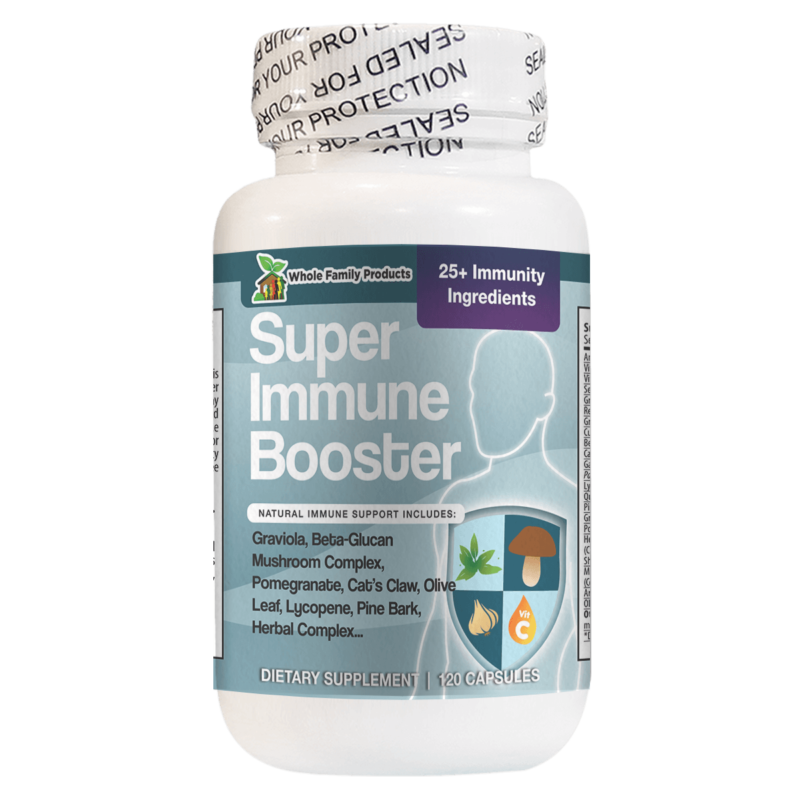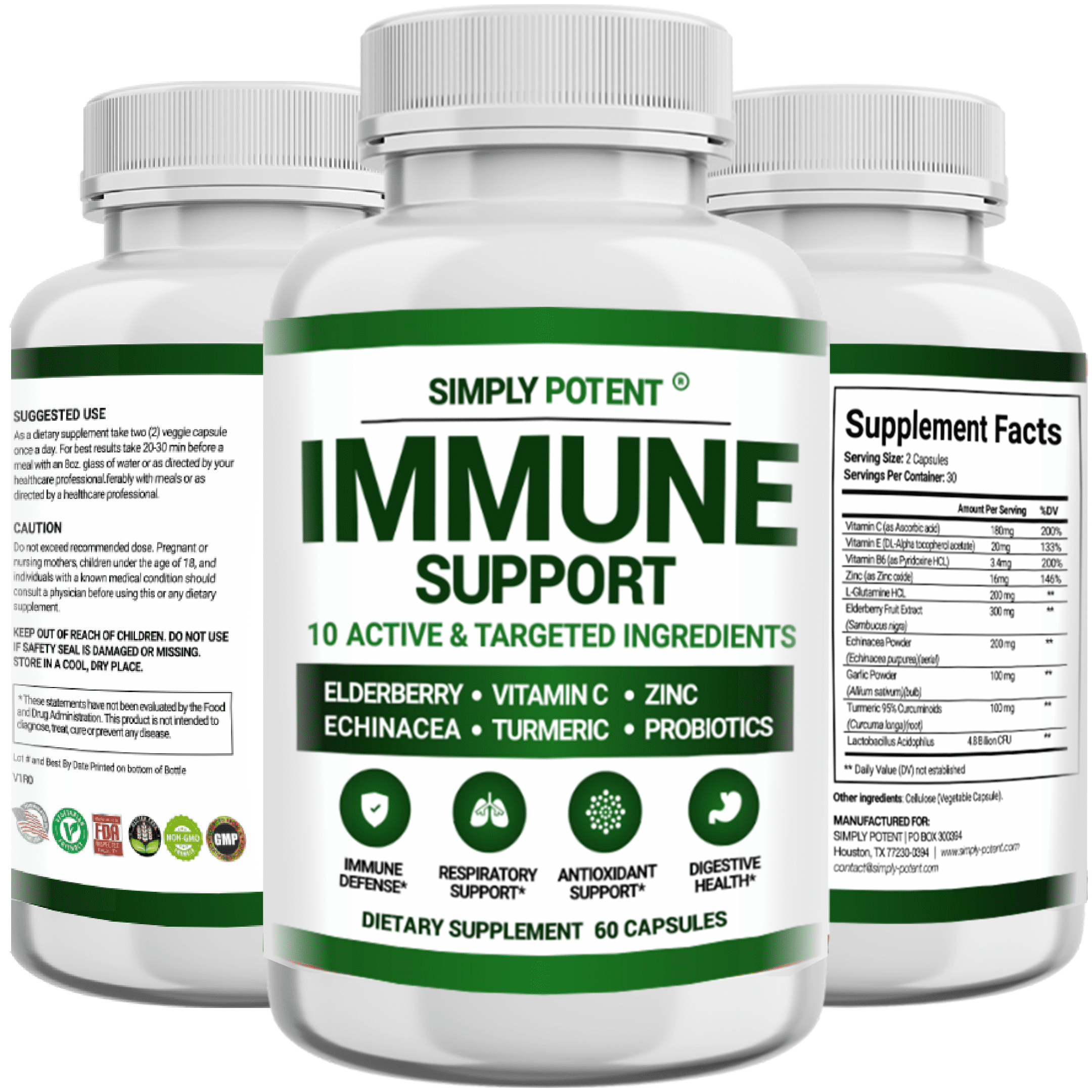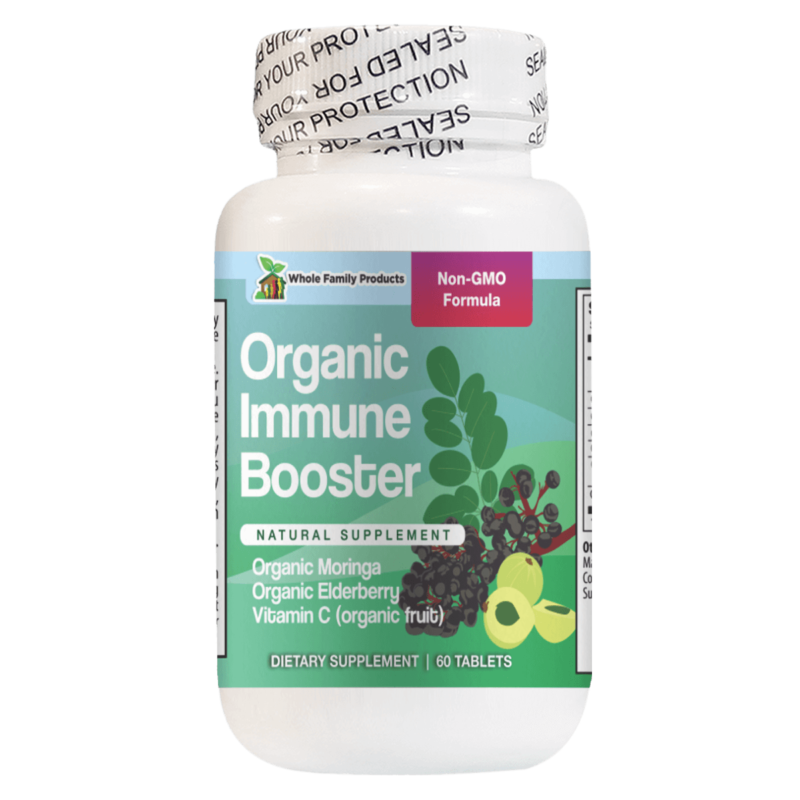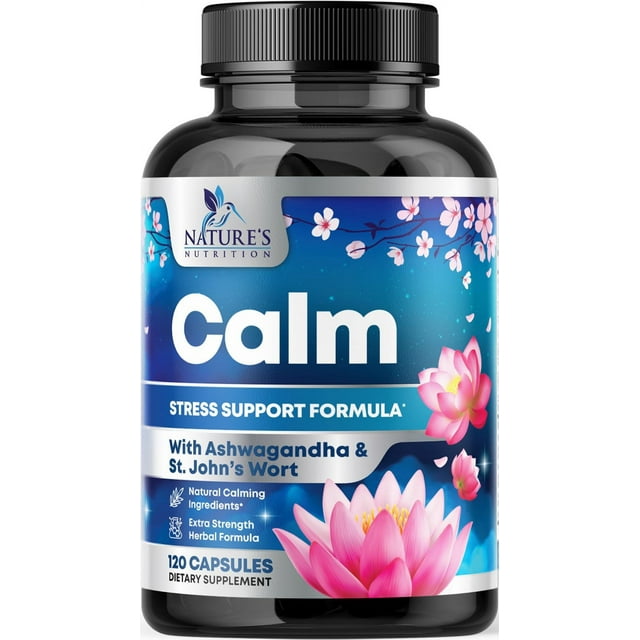Supplements To Calm Overactive Immune System
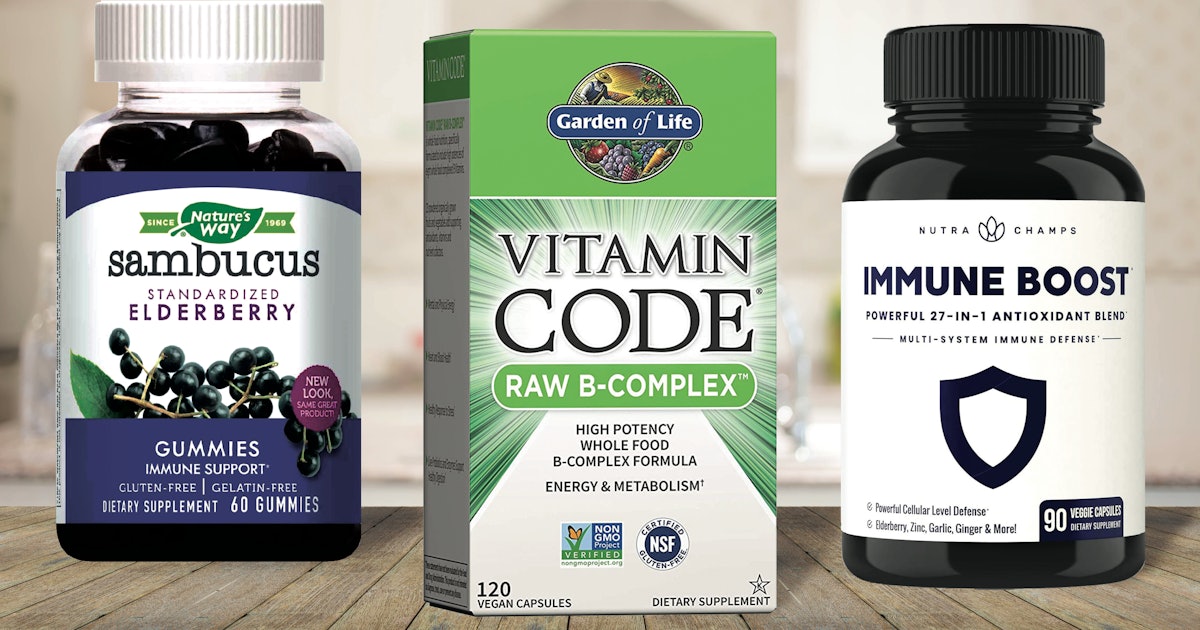
The human immune system, a marvel of biological engineering, is designed to protect us from a constant barrage of threats. But when this system malfunctions, turning against the body it's meant to defend, the consequences can be devastating. Autoimmune diseases, characterized by an overactive immune response, affect millions worldwide, leading to chronic inflammation, tissue damage, and a significantly reduced quality of life.
As conventional treatments often come with harsh side effects, many individuals are exploring alternative and complementary therapies, including dietary supplements. The appeal is understandable: natural compounds promising to modulate the immune system and quell the inflammatory storm.
This article delves into the science behind these supplements, examining their potential benefits, limitations, and the critical need for evidence-based decision-making in managing an overactive immune system.
Understanding the Overactive Immune System
An overactive immune system, the hallmark of autoimmune diseases, arises when the body mistakenly identifies its own tissues as foreign invaders.
This misidentification triggers a chronic inflammatory response, leading to the destruction of healthy cells and tissues. Conditions such as rheumatoid arthritis, lupus, multiple sclerosis, and Hashimoto's thyroiditis are all examples of autoimmune disorders rooted in this dysregulation.
While the exact causes of autoimmunity are still under investigation, genetic predisposition, environmental factors, and gut health are believed to play significant roles. Understanding these complex interactions is crucial for developing effective management strategies.
Supplements with Potential Immune-Modulating Effects
Numerous supplements have been touted for their ability to calm an overactive immune system. However, it is essential to approach these claims with a critical eye, focusing on evidence-based research rather than anecdotal evidence.
Vitamin D
Vitamin D plays a crucial role in immune regulation. Studies suggest that it can help modulate the activity of immune cells, promoting tolerance and reducing inflammation.
Deficiency in Vitamin D has been linked to an increased risk of autoimmune diseases. Supplementation, particularly in individuals with documented deficiencies, may offer some benefit in managing autoimmune conditions, although more research is needed.
Omega-3 Fatty Acids
Omega-3 fatty acids, found in fish oil and flaxseed oil, possess potent anti-inflammatory properties.
They can help reduce the production of inflammatory cytokines, which are key mediators of the immune response. Studies have shown that omega-3 supplementation may help alleviate symptoms in some autoimmune conditions, such as rheumatoid arthritis.
Turmeric and Curcumin
Turmeric, a spice commonly used in Indian cuisine, contains curcumin, a compound with powerful anti-inflammatory and antioxidant effects.
Curcumin has been shown to inhibit the production of inflammatory molecules and modulate immune cell activity. Research suggests that curcumin may be beneficial in managing autoimmune conditions, but its bioavailability can be a challenge, necessitating the use of formulations that enhance absorption.
Probiotics
The gut microbiome plays a critical role in immune function. An imbalance in the gut microbiota can contribute to chronic inflammation and autoimmune diseases.
Probiotics, beneficial bacteria that can help restore balance in the gut, may help modulate the immune system and reduce inflammation. While promising, the specific strains and dosages of probiotics that are most effective for managing autoimmune conditions are still being investigated.
Resveratrol
Resveratrol, found in grapes and red wine, exhibits anti-inflammatory and antioxidant properties. Studies suggest it can modulate immune cell activity and reduce the production of inflammatory cytokines.
While research on resveratrol's effects on autoimmune diseases is still in its early stages, preliminary findings suggest potential benefits. Further investigation is needed to determine optimal dosages and long-term effects.
Important Considerations and Cautions
While supplements may offer some benefits in managing an overactive immune system, it's crucial to approach them with caution. Supplements are not a replacement for conventional medical treatment.
It is essential to consult with a healthcare professional before starting any new supplement regimen, especially if you have an existing medical condition or are taking other medications. Supplements can interact with medications and may have adverse side effects.
Furthermore, the quality and purity of supplements can vary widely. It is essential to choose supplements from reputable manufacturers that undergo third-party testing to ensure quality and safety.
The Importance of a Holistic Approach
Managing an overactive immune system requires a holistic approach that encompasses various lifestyle factors. Diet, exercise, stress management, and sleep all play crucial roles in immune regulation.
An anti-inflammatory diet, rich in fruits, vegetables, and whole grains, can help reduce inflammation and support immune function. Regular exercise, within appropriate limits, can also help modulate the immune system.
Stress management techniques, such as meditation and yoga, can help reduce stress hormones that can exacerbate inflammation. Adequate sleep is essential for immune function, allowing the body to repair and regenerate.
The Future of Immune Modulation
Research into supplements and their effects on the immune system is ongoing. As our understanding of the complex interplay between genetics, environment, and lifestyle factors in autoimmune diseases grows, so too will our ability to develop targeted and effective interventions.
Personalized medicine, tailored to an individual's unique genetic makeup and environmental exposures, holds promise for optimizing treatment strategies. Further research is needed to identify biomarkers that can predict an individual's response to specific supplements and therapies.
In conclusion, while certain supplements may offer some benefits in calming an overactive immune system, they should be used as part of a comprehensive management plan under the guidance of a healthcare professional. A holistic approach that addresses lifestyle factors and conventional medical treatments remains the cornerstone of managing autoimmune diseases and improving the quality of life for those affected.



